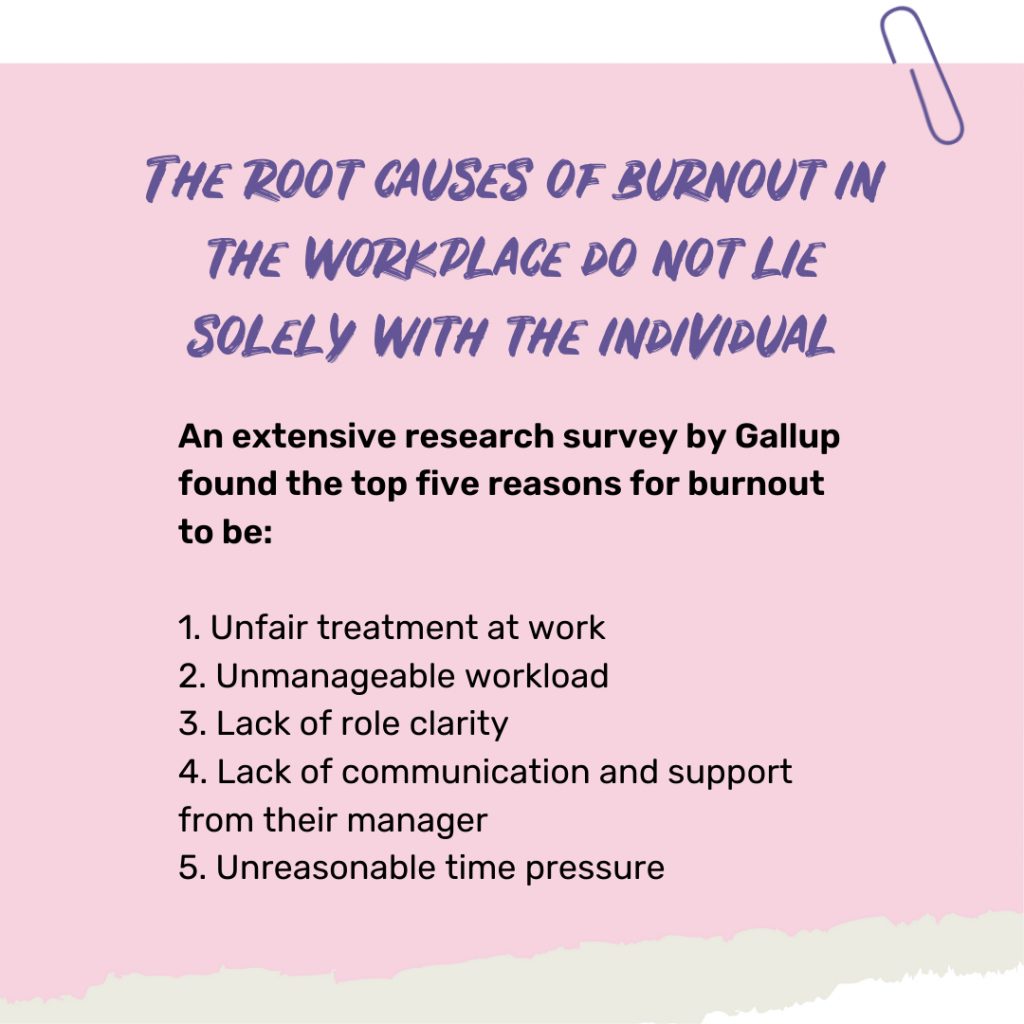Why Hospitality Workers are Turning to Not 9 to 5 for Help – Part 2

Hassel Aviles, an industry veteran with personal experience and acknowledgment of the fact that foodservice and hospitality employees’ physical and psychological challenges are not limited to 9-5, or only during their employment, founded Not 9 to 5, a non-profit organization with long histories and actions in mental healthcare advocacy.
In Part 1, she taught us about the organization’s inspiration, strategy and amplification of awareness. Here in part 2, she is able to provide our industry with further information and a deep look into the mental health of all of our community’s members.
The way I see Not 9 to 5 is we’re not the help, we’re here to connect you to the help you need. In addition to that, the practical education piece has really taken over in the past two years. We built a course called Primary Concerns, put it out into the industry for the past eighteen months and it was offered for free. It’s based on research we did, lots of surveys we put out into the community that hundreds of people filled out. What were they experiencing working in this industry? What were the primary concerns to their mental health? That really informed the course and it was really inspired by mental health first aid.
I took that training in early 2020 and felt that it was important but I didn’t feel like it was the most effective in the sense that it was very academic and clinical. It was a ton of information, a lot of which I didn’t actually need. So, what we did with that inspiration is develop an industry-specific version where we help you get your really basic foundational mental health education.
Then we took what we learned from Primary Concerns and have now developed a certification program called CNECTed. That will be launching in the next few weeks. The difference between Primary Concerns, which is a self-lead course, and the CNECTed certification program is that your learning will be assessed in the certification program, pass or fail. In the same way you can get certified by SmartServe to work with alcohol, you can get certified by Connected to know how to identify, understand and respond to mental health crises in the workplace. And it’s not just for workers.
As an example, anyone can become an entrepreneur, you don’t have to pass a test, get certified or licensed. You and I can both start a business tomorrow if we feel like it. When you become an entrepreneur, you’re often thrown into situations you may not be equipped for. I would definitely encourage all employers to go through our course themselves and get that basic education around foundational principles and vocabulary that can help create better workplace mental health initiatives for your team.
The primary concerns have stayed the same before and during the pandemic, but the percentages have varied. The main concerns in this industry are depression, anxiety, substance use challenges, disordered eating and burnout.
When we were asking folks pre-pandemic, “do you live or work with mental health and substance abuse challenges?” 90% of our community said yes. It’s not some of us, it’s most of us, and I would argue it’s all of us. It’s just a matter of how that shows up for you. Some people experience it as anxiety, performance anxiety, social anxiety. Sometimes it’s a generalized anxiety disorder, sometimes it’s not.
In the survey we did last year during the pandemic, the same primary concerns were checked but the numbers changed. Burnout, depression and disordered eating increased with 87% saying yes to burnout symptoms, 84% saying yes to experiencing symptoms of anxiety and 77% saying yes to experiencing symptoms of depression.
What was really unfortunate to discover in our survey last year was that people were still really struggling with stigma. 67% of our audience said that they kept their struggles to themselves and tried not to let them show. A lot of that affects attrition and absenteeism. When you hear a lot about the quote-unquote labour shortage, you have to consider workplace mental health. There are not two things that don’t connect, they are directly connected. When you invest in workplace mental health initiatives, you see a difference in employee retention and attracting talent to your business.

CNECTing is the world’s only digital platform designed for the hospitality industry to distribute educational content about mental health and bring the community together. Created for us by us.
Our training and courses help employers and employees identify, understand and respond to the signs of mental health challenges. We take an intersectional lens of systemic barriers in the hospitality and foodservice industry to support the creation of a psychologically safe workplace for all.
CNECTed is a certification program that provides knowledge and tools you can start using right away to help guide yourself or others towards improving workplace mental health.

